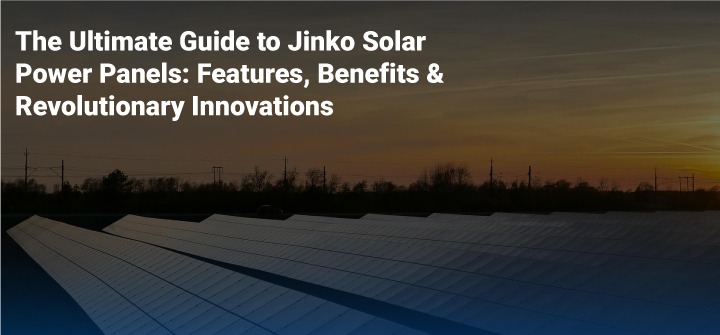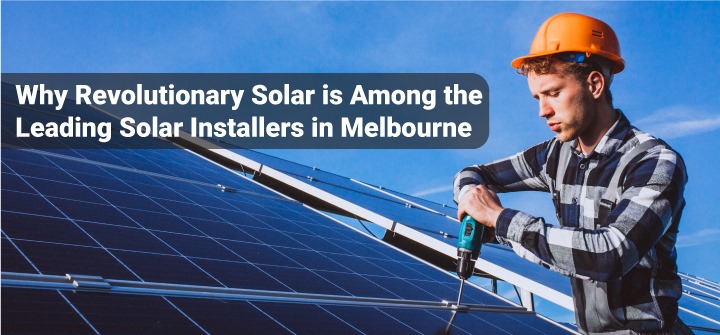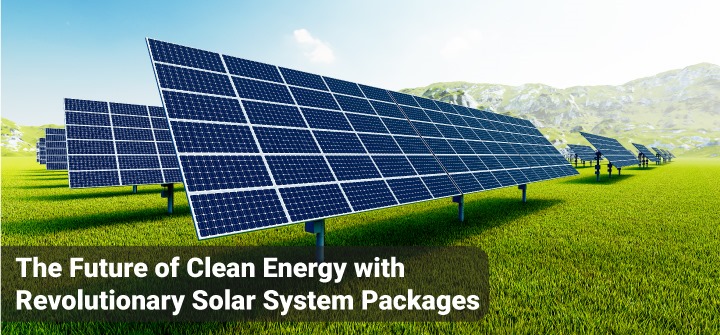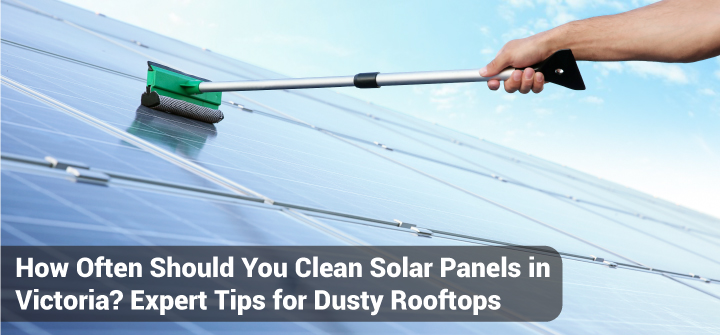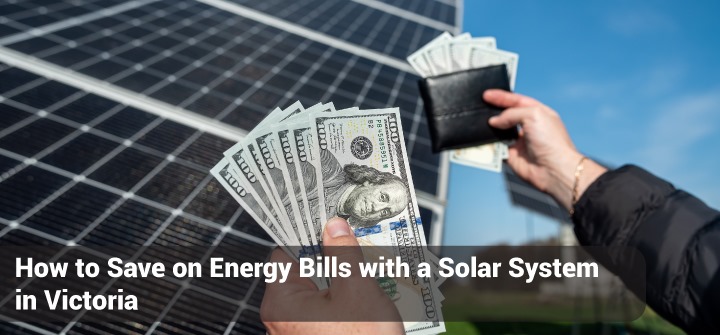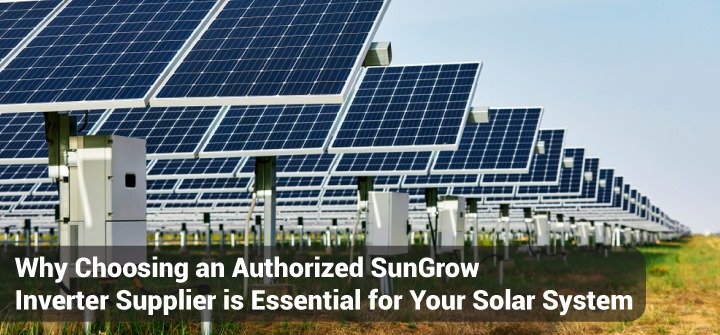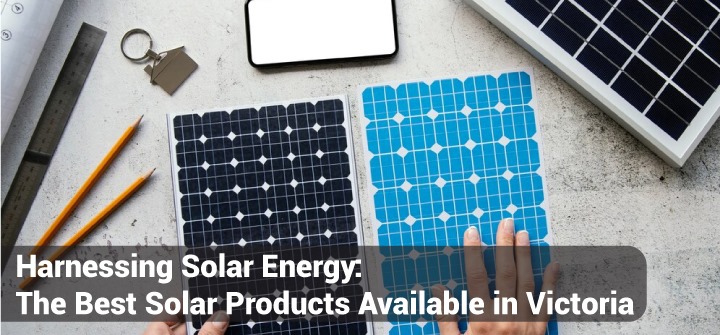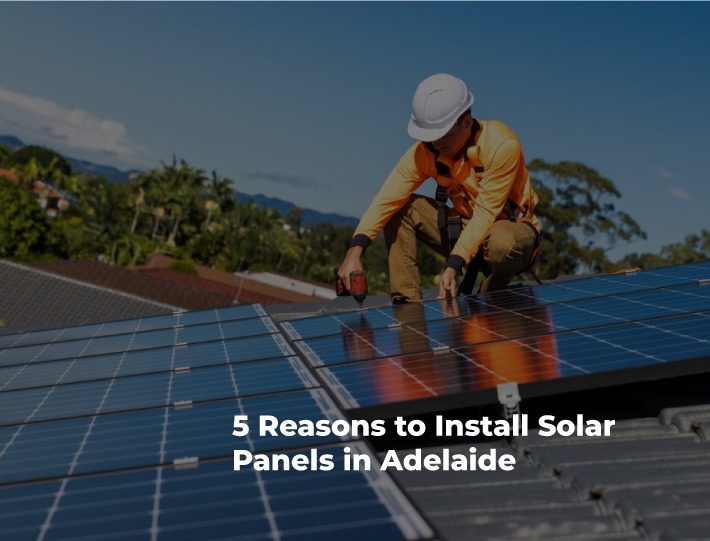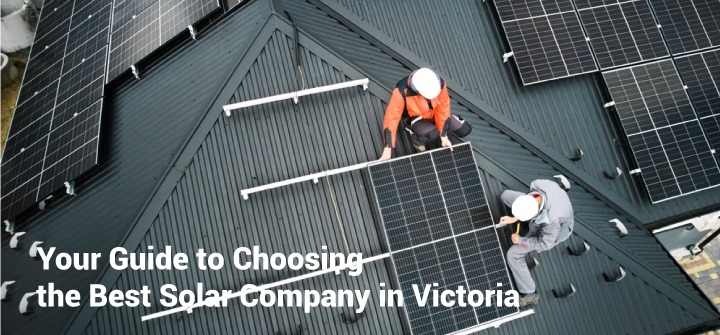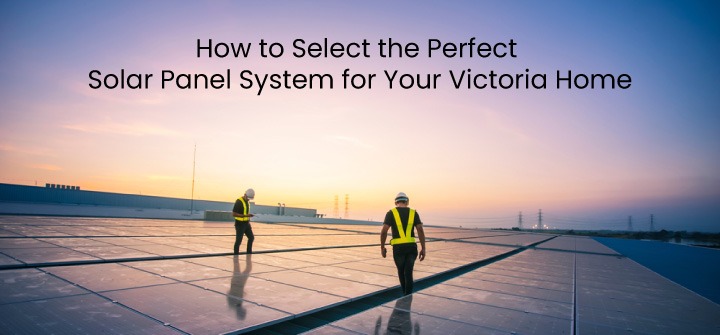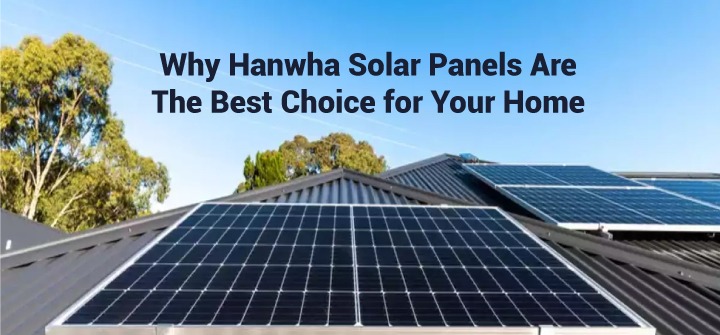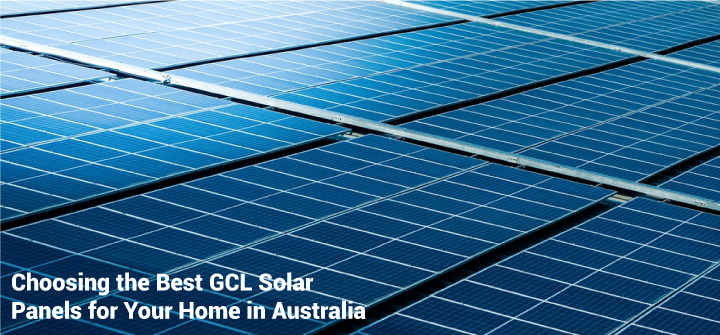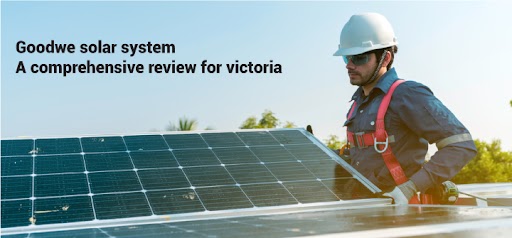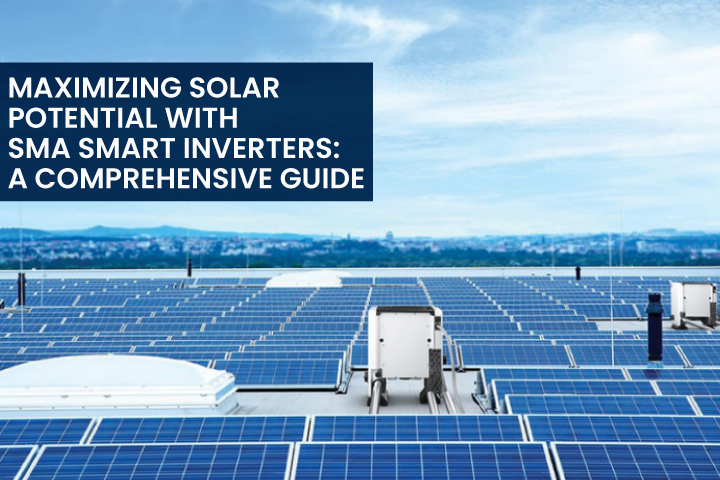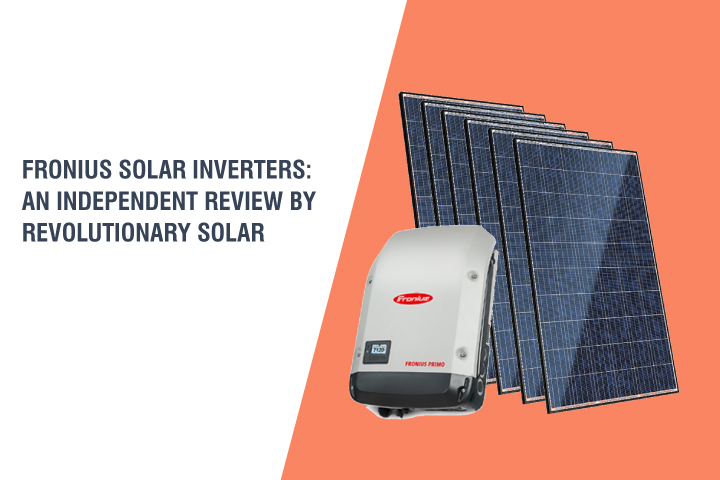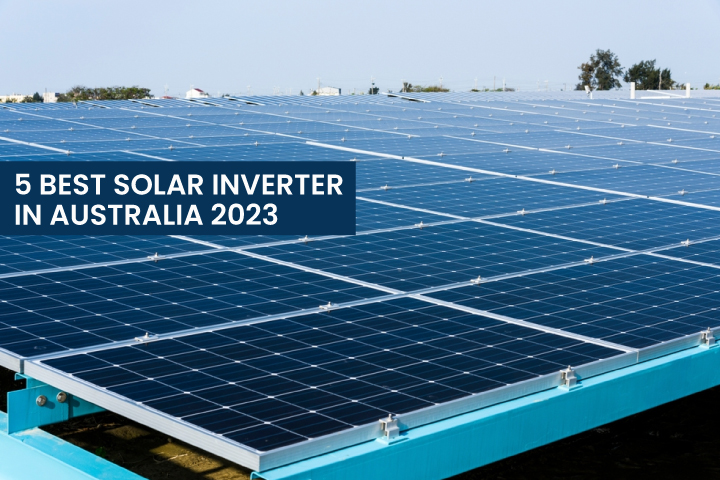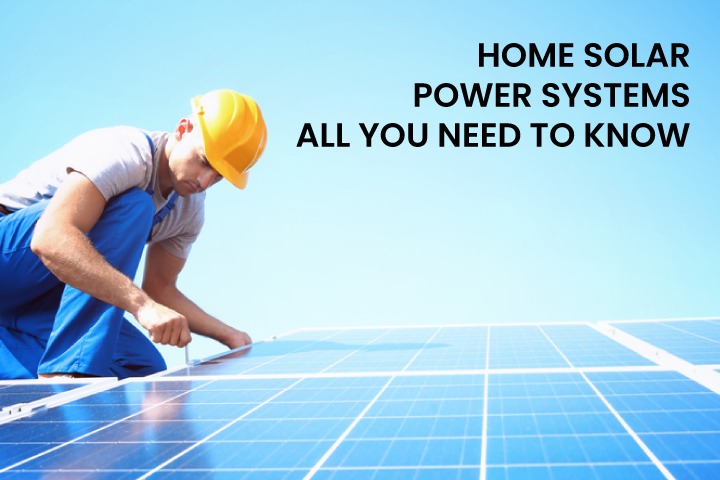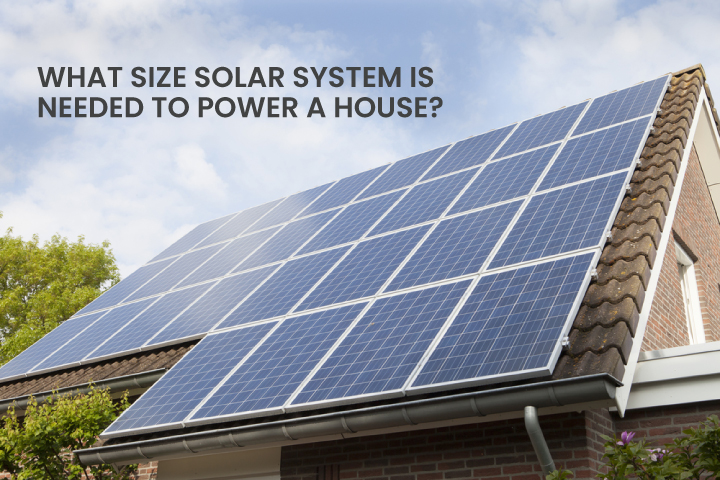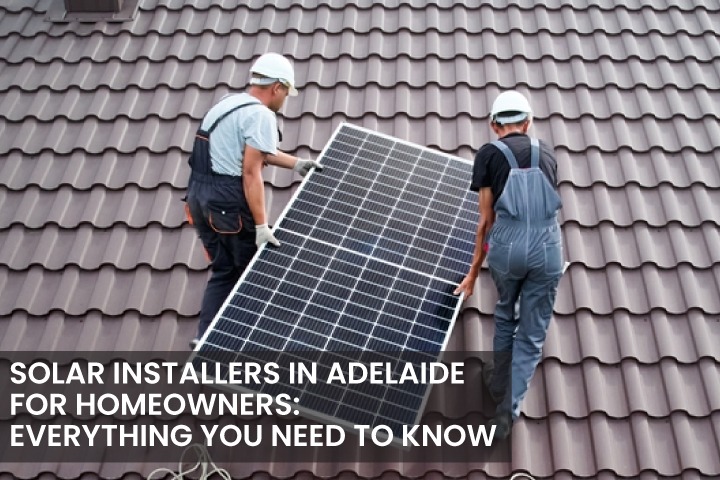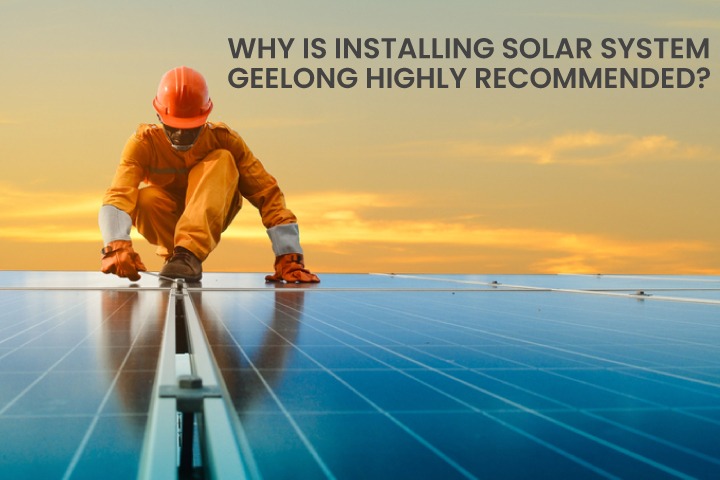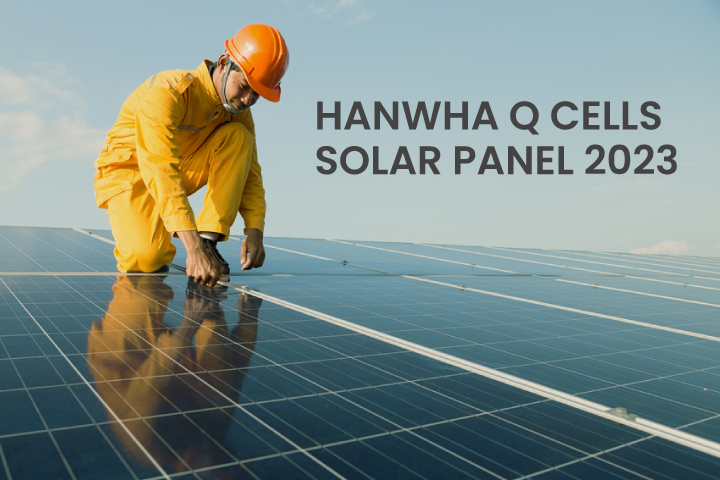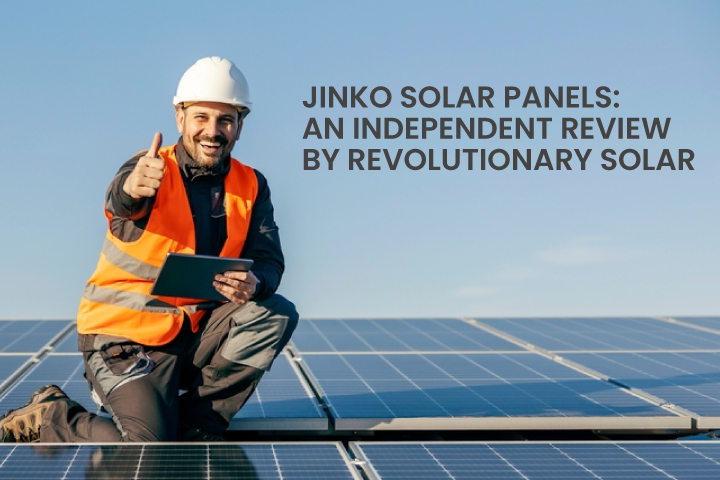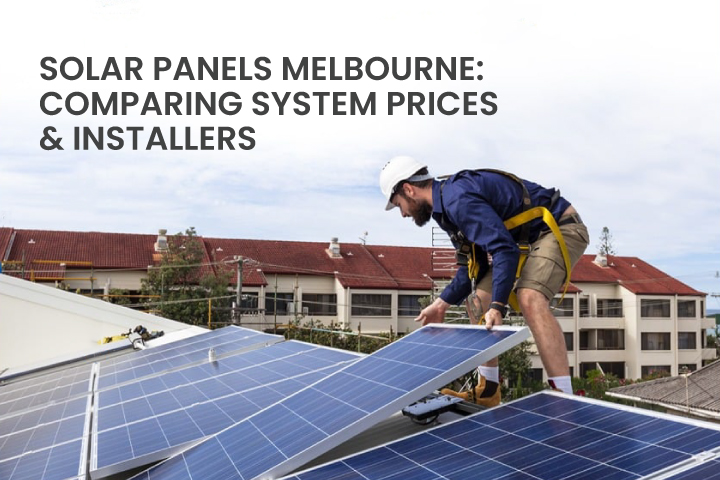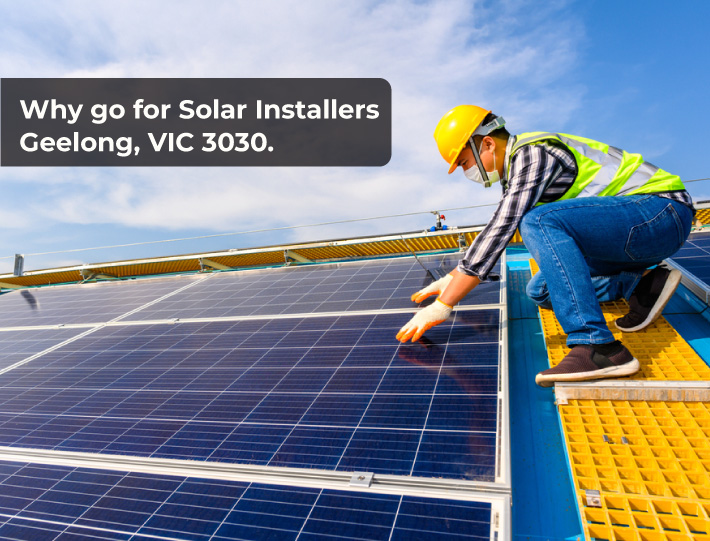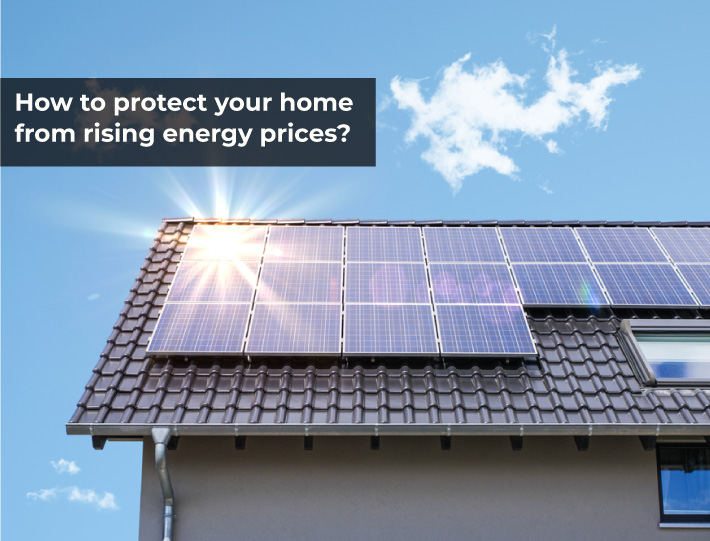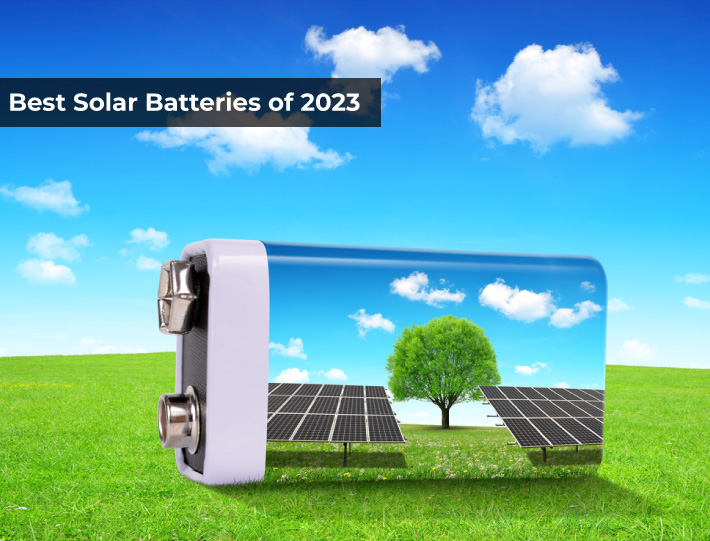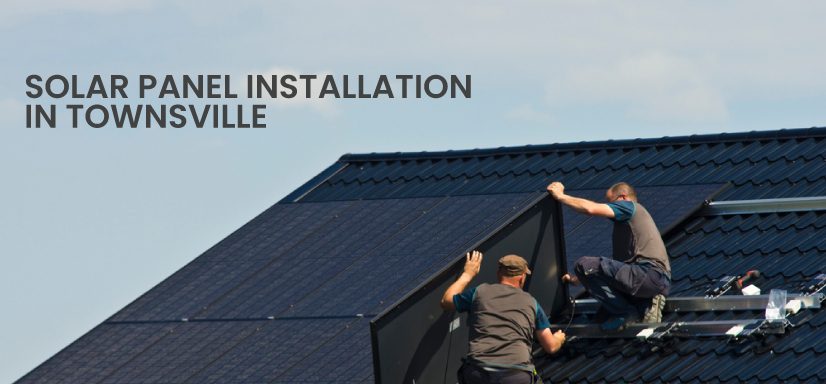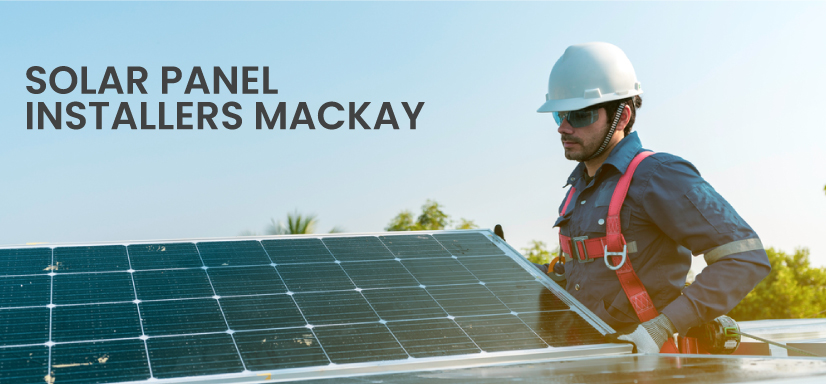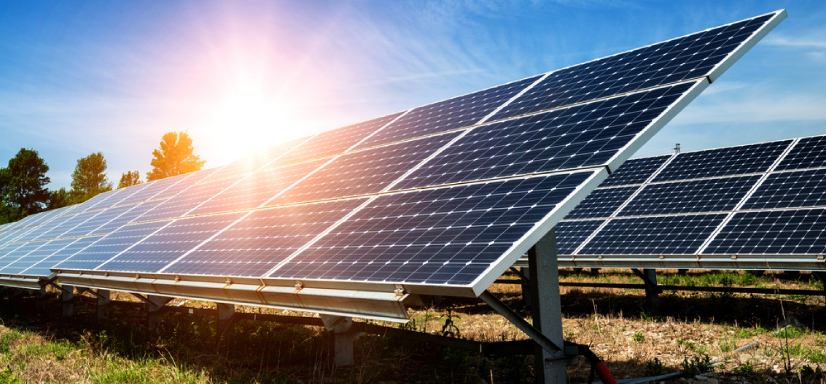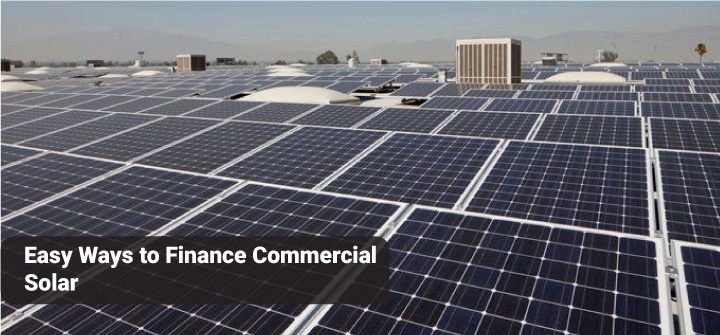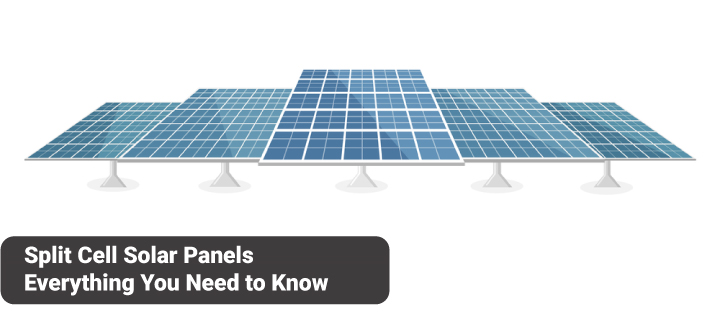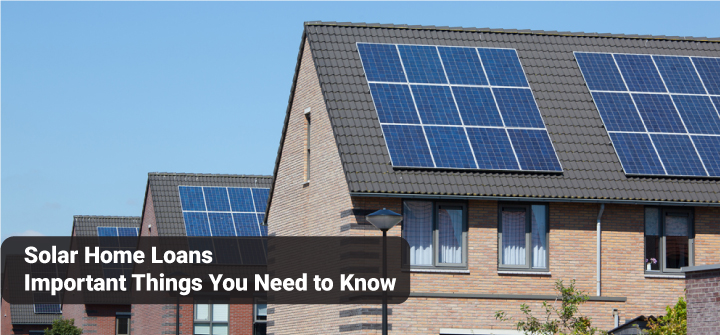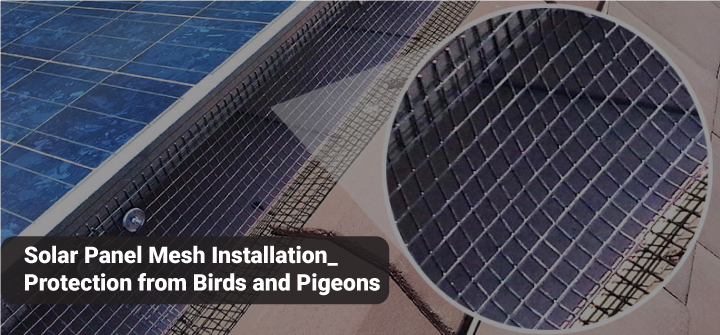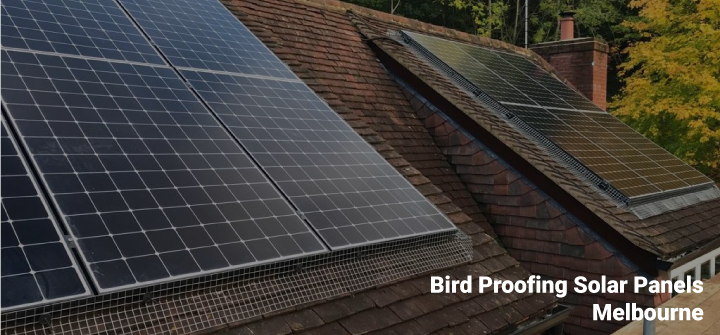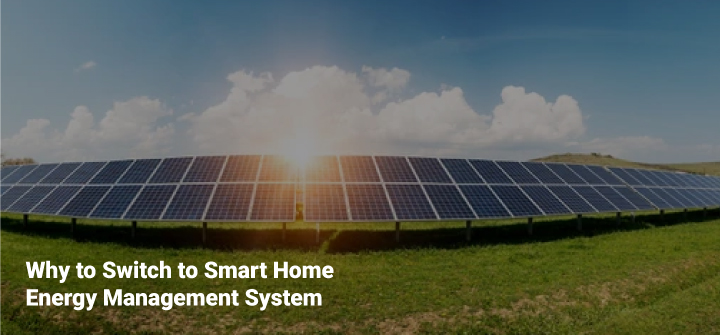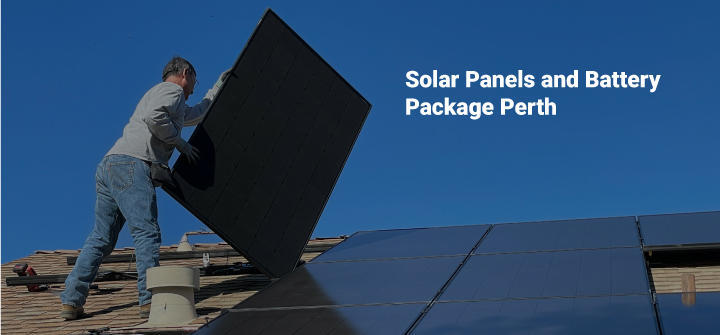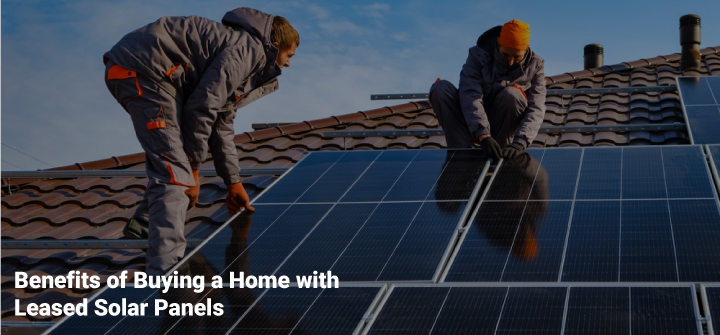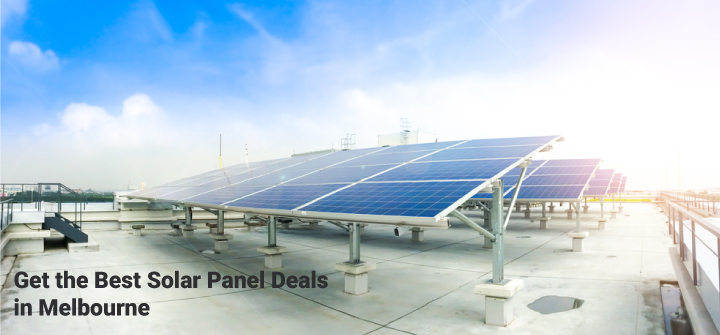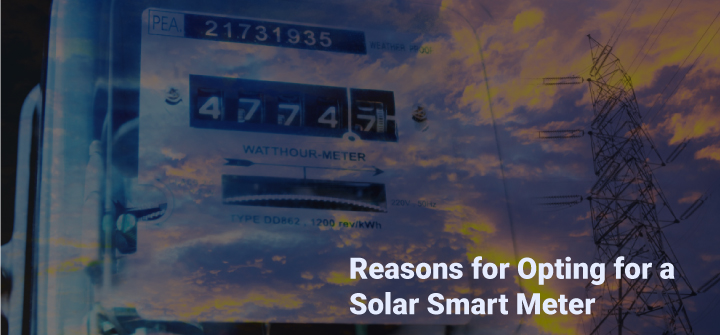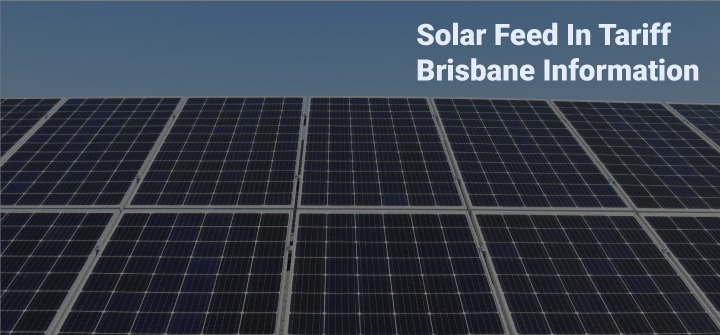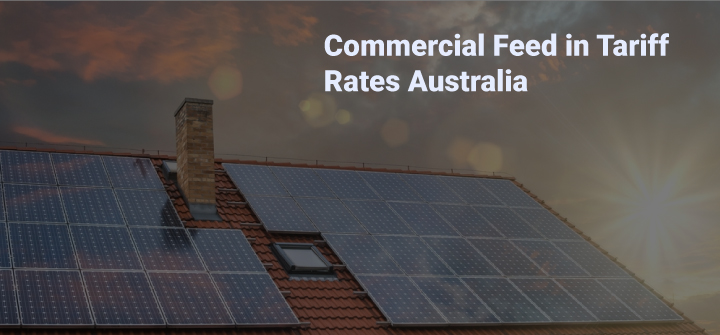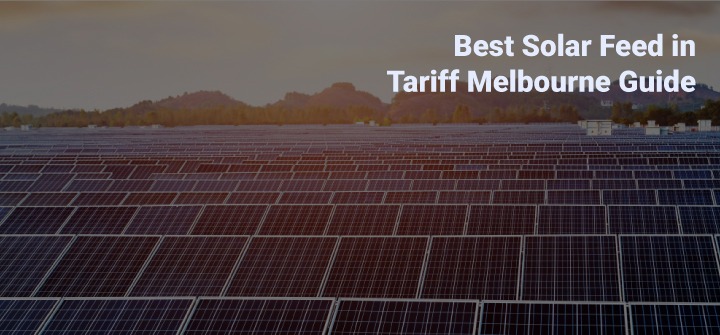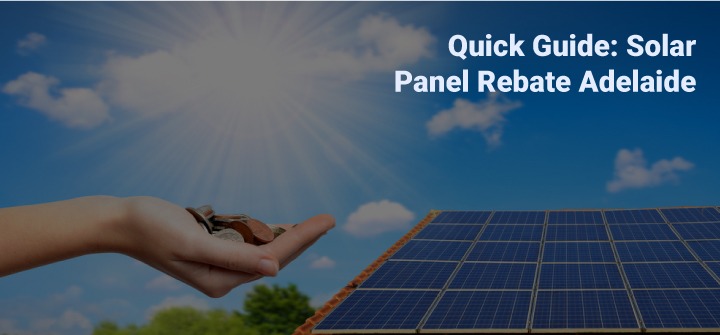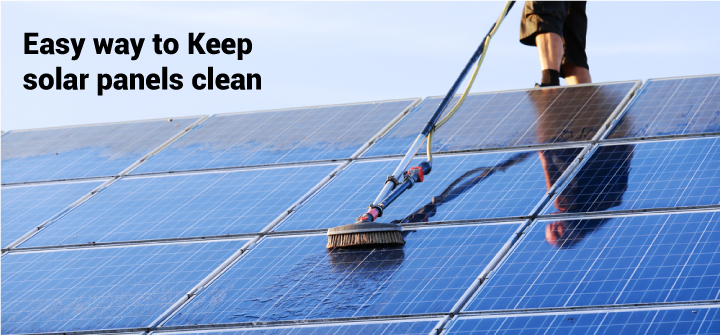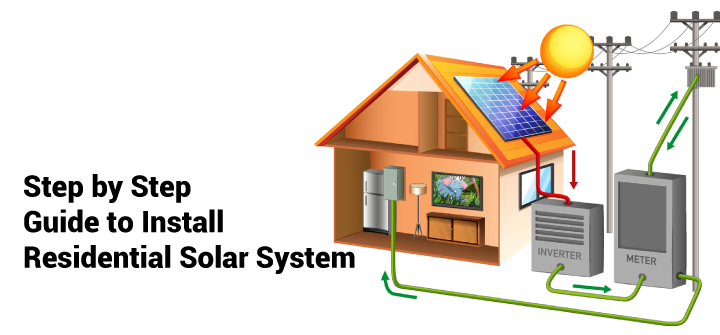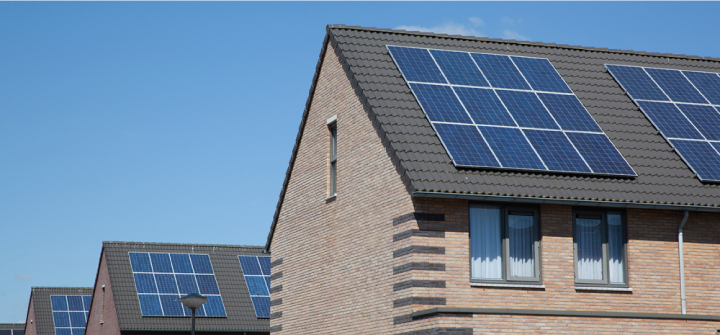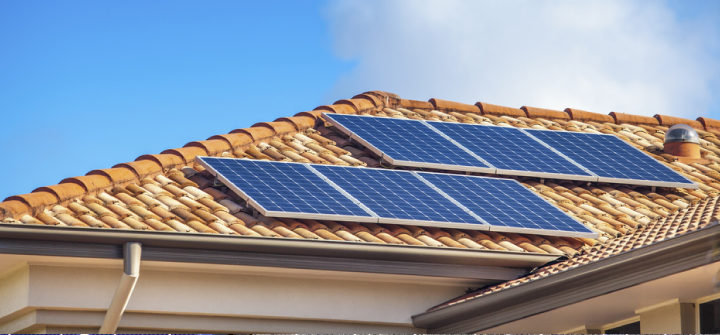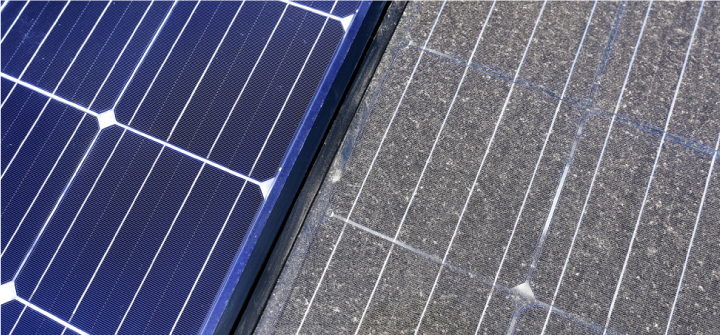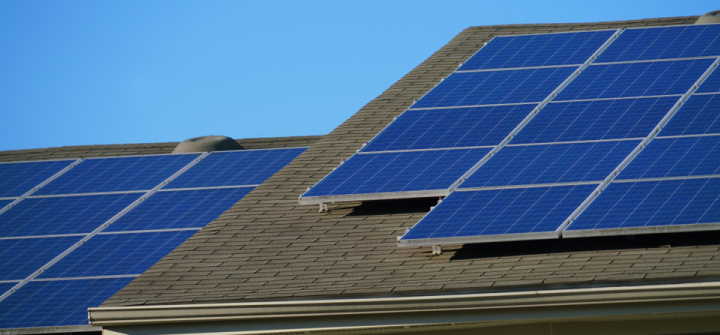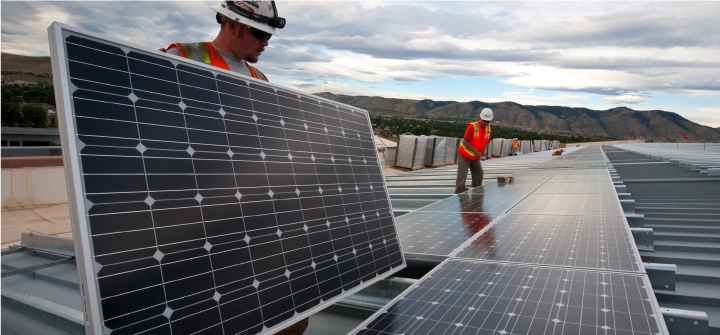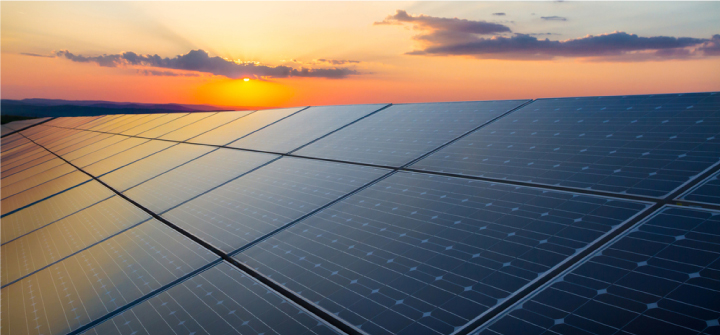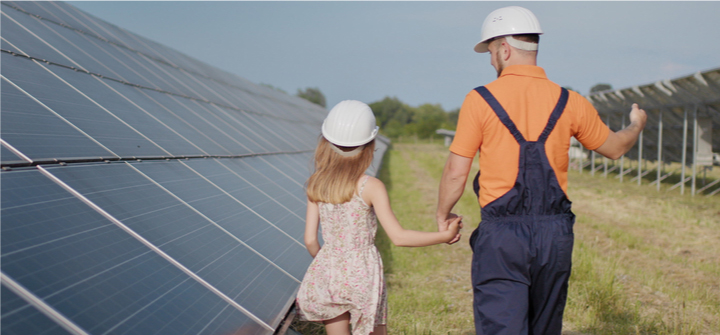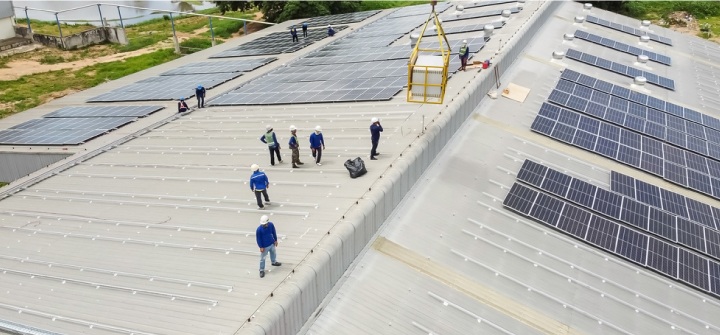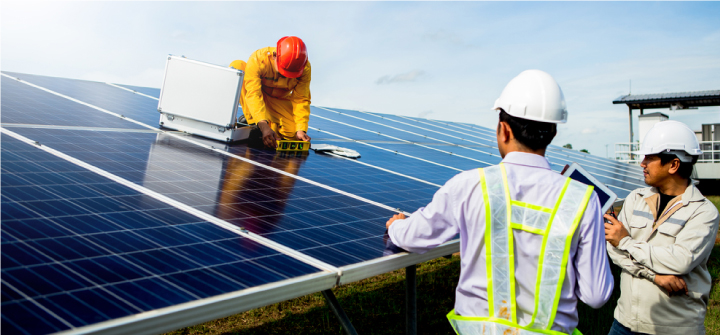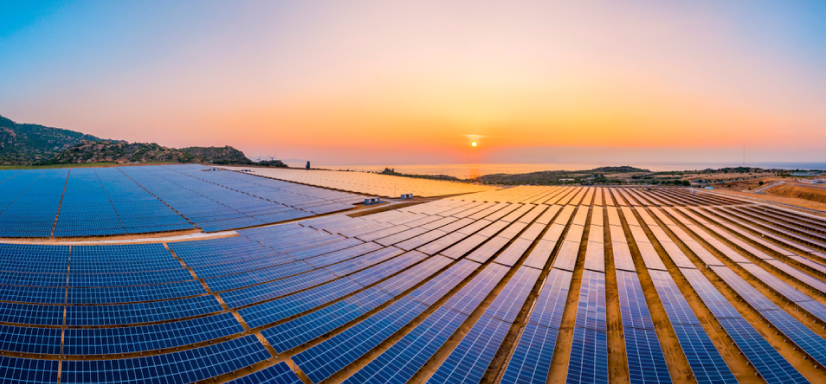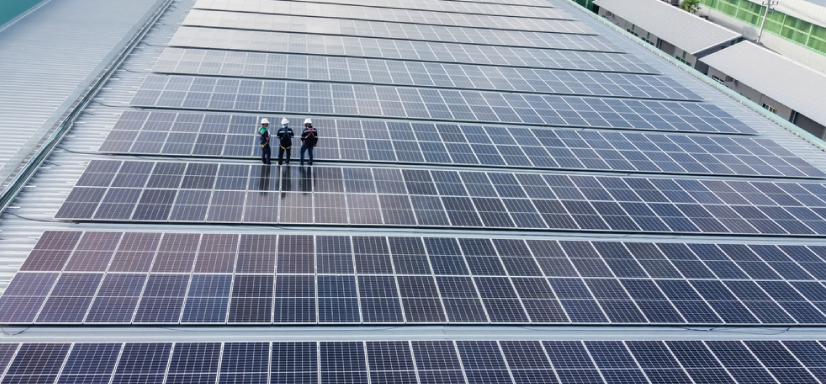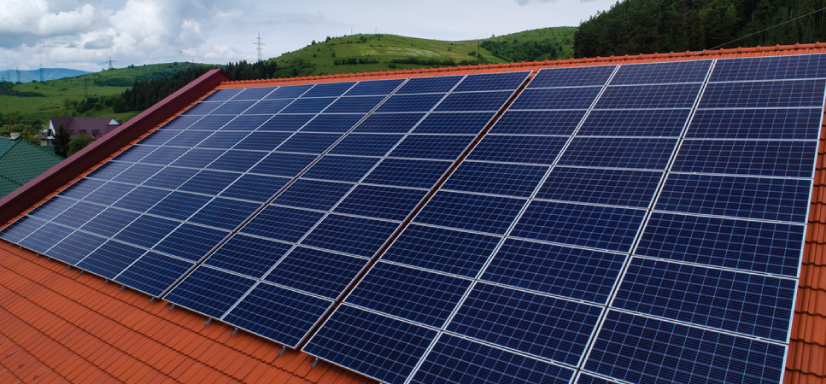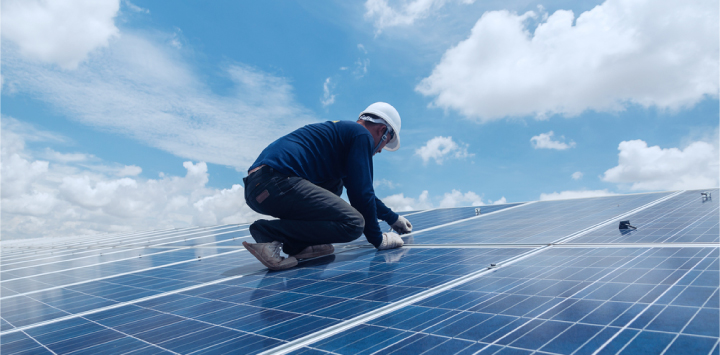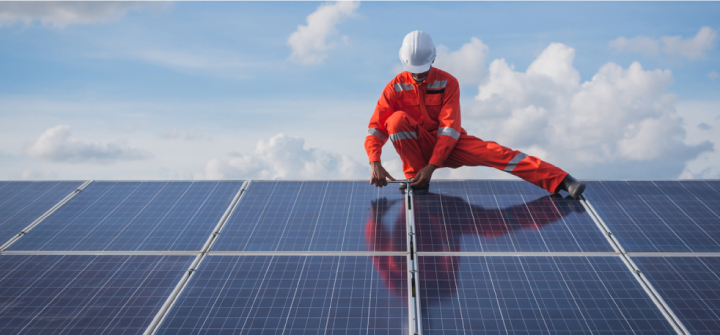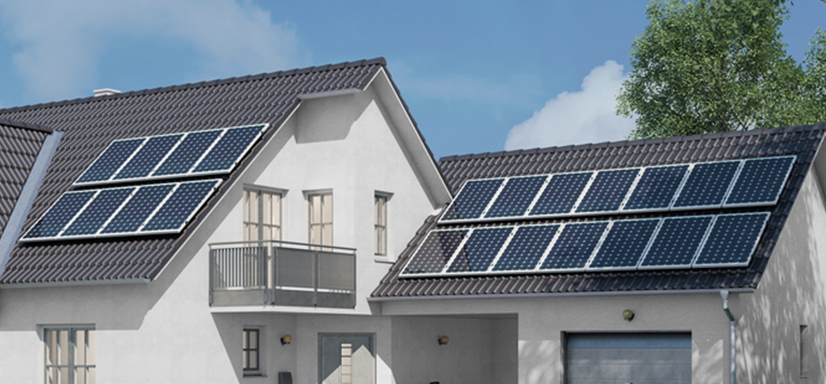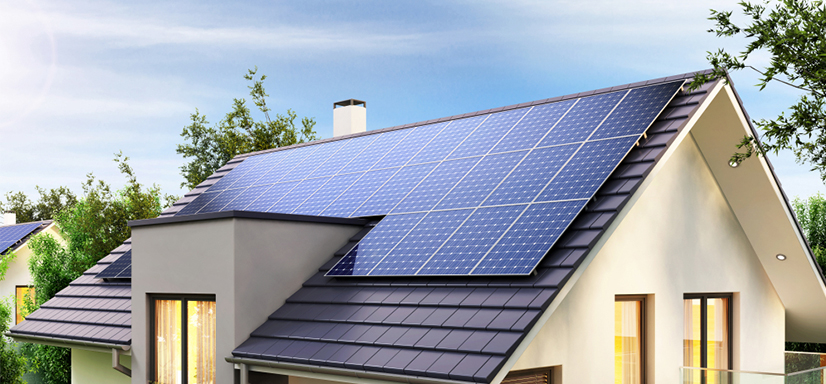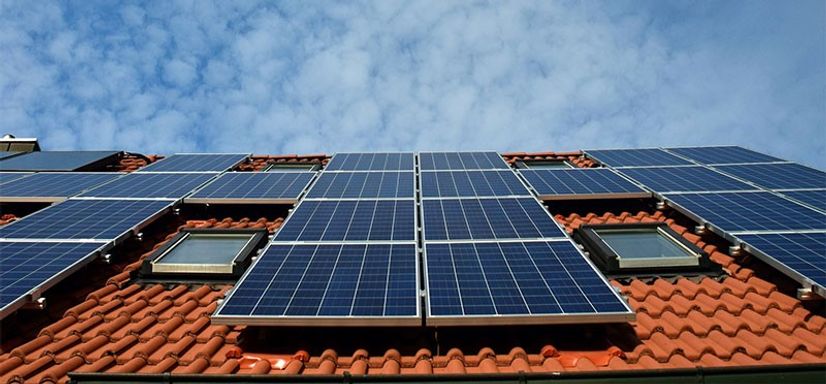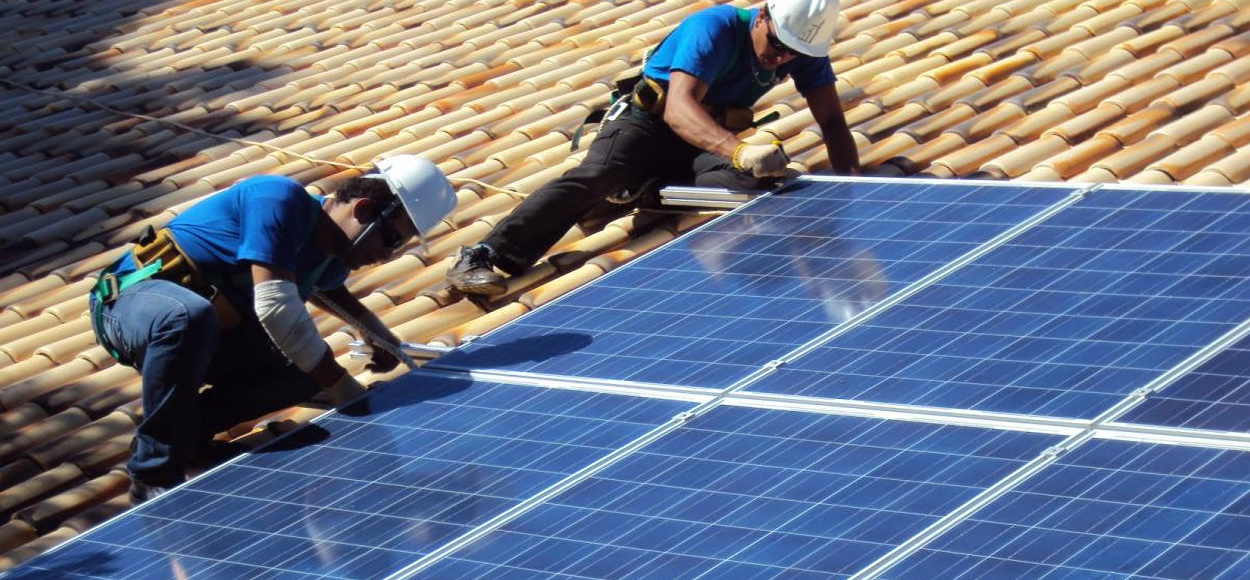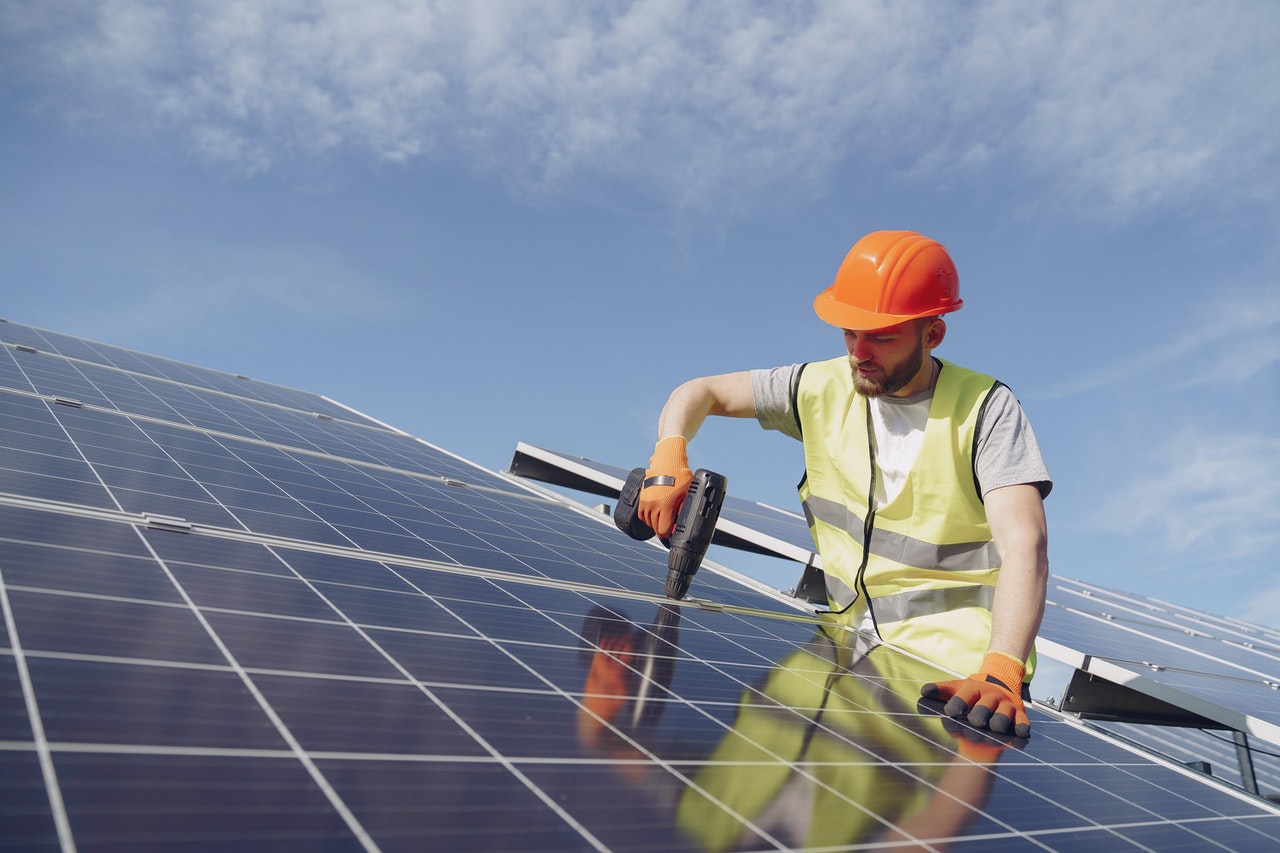
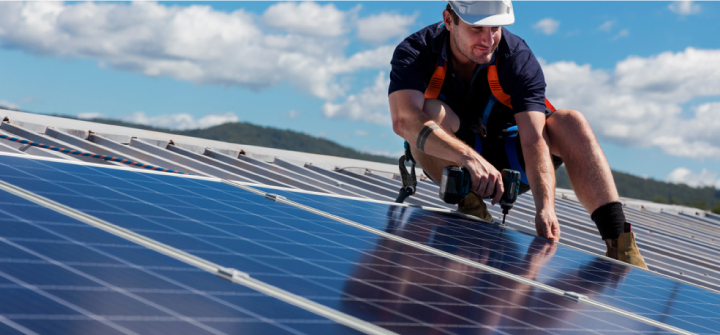
How Summer Season Affect the Solar System
It's officially summertime, which is great news for many people. Outdoor activities, swimsuits, beach days, and barbecues are all encouraged by the brighter, warmer weather. Gardens are blooming, and many of us have put away our winter jackets and boots for the upcoming cooler weather. The solar industry is also anticipating some big changes this summer. Summer's longer, brighter days mean that solar farms will be at their peak output in the coming months. As a result of this phenomenon known as seasonality, monthly solar production can fluctuate greatly.
Compared to winter's shorter and more cloudy days, the influence of the seasons on solar panels is straightforward: summer's longer days imply more sunshine and hence higher energy generation from our solar panels installed by solar installers in Adelaide. However, when you get down to the nitty-gritty of seasonality, there are a number of concerns that arise. What is the impact of seasonality on my solar credits from the community? Do higher or lower solar production levels affect my monthly community solar bill? In what ways will my electricity bill alter over the year, and how will I know? Are my savings affected by the seasons?
How Effective Are Solar Panels Based on the Factors They Consider?
A solar panel's ability to create energy depends on the weather, and the amount of energy it can produce depends on the season. As the position of the sun and shadows fluctuate throughout the year, the actual placement of your solar panels may also receive more or less sunlight. A solar panel in Victoria should be placed in a way that takes into account seasonal fluctuations. Searing heat and stormy or gloomy weather may also diminish the quantity of electricity solar panels capture.
The following are examples of seasonal elements that may have an effect on solar energy production:
- Location
- Weather
- Time of day
- Temperatures
In the following sections, we'll explain each of them in further detail and what it implies for your investments.
Location
Every year, the sun's position changes and the solstice marks the beginning or end of a period of rising or decreasing brightness caused by the sun. Depending on the time of year, certain areas of a roof and a structure may receive more or less sunshine or shadow. Because the sun's position changes throughout the day and year, it is critical to keep your solar panel in Victoria clear of any shadows that may form.
Weather
Fall and winter have less sunshine intensity than spring and summer, therefore there is more chance of cloudy weather. Even if your solar panels installed by solar installers in Geelong continue to generate power, the amount of energy they create will be reduced, necessitating the use of grid power. Spring and summer are prime times for high winds, which can blow dust or other material onto your solar panels, requiring cleaning to keep them operating at their best.
The Time of Day
Peak daylight hours are 6.41 hours per day on average, however, this number rises to 7.13 hours in the summer and lowers to 5.84 hours in the winter in this part of town. During the winter, the energy output is higher in the mornings and lower in the afternoons because of the varying peak sunlight periods throughout the day. As a result, you may have to draw from the grid at different times of the day than you would in the summer. This might affect your energy costs.
Temperatures
Sun panels produce less energy when the temperature is hotter than normal during peak solar output months. While sunlight is less bright in the autumn, solar panels may still produce a significant quantity of electricity since they are less stressed. High temperatures, on the other hand, can reduce performance by as much as 15%.
Your solar system will last for years if you take the time to properly prepare for the upcoming summer months. Just a few of the advantages of using solar energy include getting the best return on your investment, attaining energy independence, and benefiting from a green energy source. Summer is the best time of year to take advantage of the money you've accrued during the year.
To make the most of your solar system this summer, follow these easy steps to keep it functioning smoothly all season long. Your house will benefit from a solar system installed by solar installers in Melbourne that provides maximum renewable energy, as well as time spent outside with your family.

